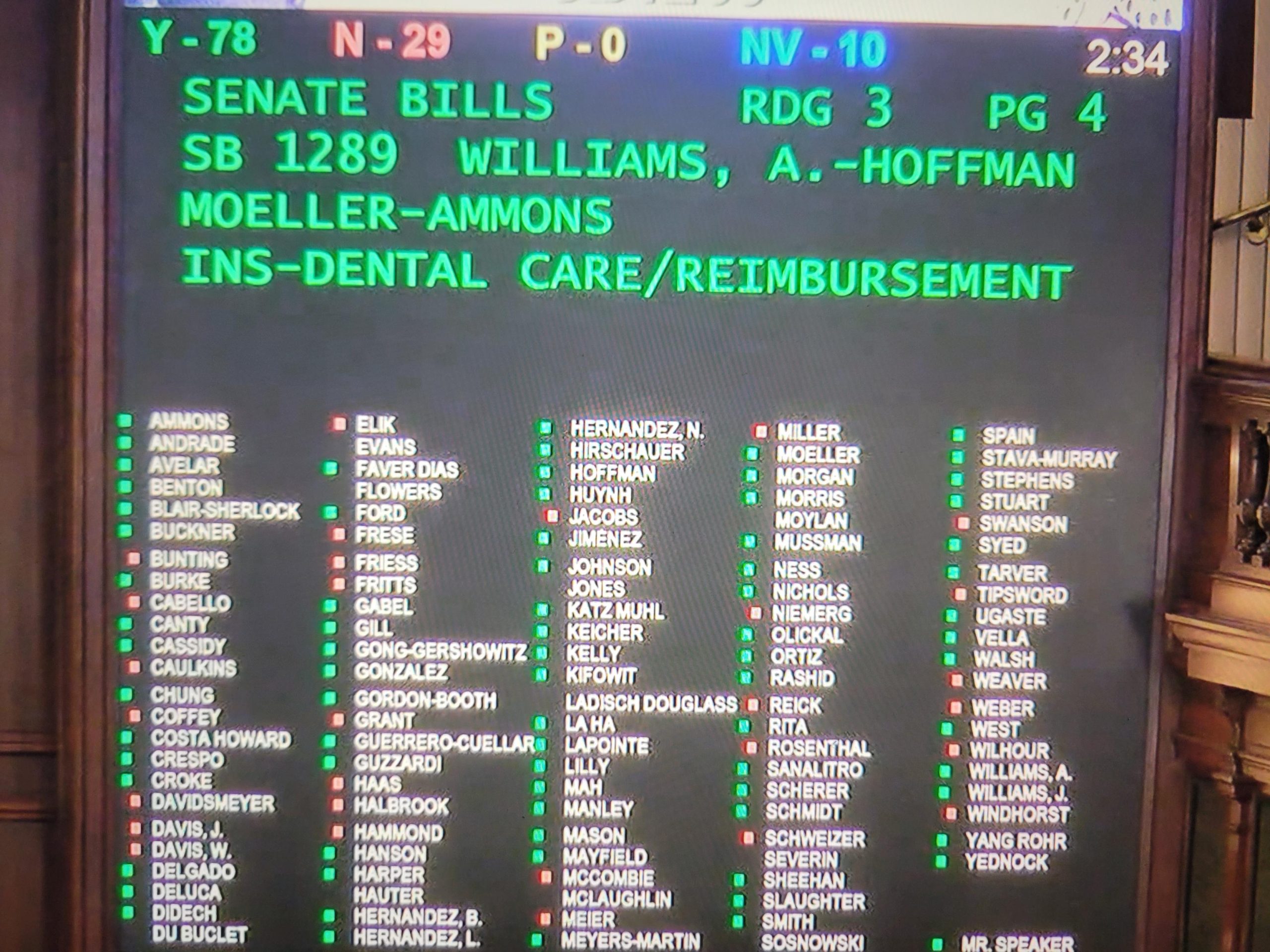SPRINGFIELD, IL – State Representative Patrick Windhorst cast a no vote against legislation (SB 1289) that creates new rules for permitting carbon capture and sequestration projects throughout the State of Illinois. Windhorst says the bill represents a long-negotiated agreement between labor unions, business representatives, and climate and environmental advocates, but is still too expensive and does not provide adequate protection for property owners and for groundwater in different parts of the state.
“I voted against the new regulations for carbon capture and sequestration for several reasons, including my concern that the Mahomet aquifer that serves 800,000 Illinois citizens is not specifically protected in the legislation,” Windhorst said. “I remain concerned that the initial cost to obtain both a federal and Illinois permit to perform this kind of work is far too high compared to other states in the Midwest. Additionally, local residents in Southern Illinois have expressed serious concerns over the issue of eminent domain, and the fact that the sequestration of CO2 will happen primarily under agricultural farmland and may lead to landowners wrongly having their land used for this activity.”
A lengthy debate on the Illinois House floor revealed that this is the first attempt by the State of Illinois to place its own regulations on the process of carbon capture and sequestration. Sponsors of the bill indicated that they believe the legislation contains adequate environmental protections and the potential for the creation of jobs and economic development. Windhorst disagreed.
“I think this turned out to be a missed opportunity, and one that will be costly to businesses and taxpayers,” Windhorst said. “I believe if Republicans had been included in the negotiations, this bill would have contained greater protections for our residents, greater protections for our drinking water, and lowered up-front costs for businesses hoping to use carbon capture as a way to mitigate stiff financial penalties imposed by both state and federal environmental protection agencies.”
####
